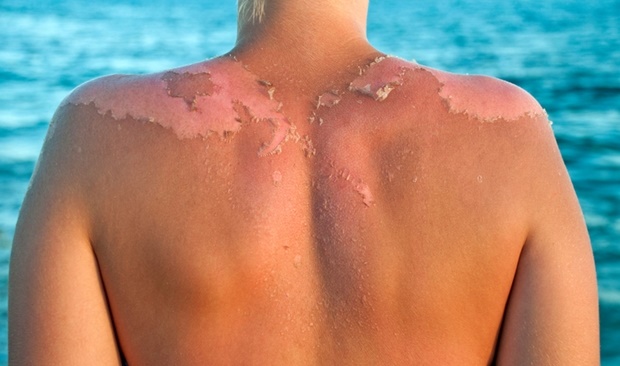It fundamentally affects the way our cells grow and divide, changing them in perverse ways. All cancer is a result of DNA damage or genetic mutations in our DNA. The nasty, debilitating class of diseases spreads through a body like an invading army, as toxic cells grow relentlessly into unruly tumours. Some cases of cancer are out of our control, determined by genetic defects and predispositions passed down from one generation to the next, or spurred by genetic changes we undergo through our lifetime.But we also know that breathing in certain substances, eating specific things, and even using certain kinds of plastics ups the risk of developing some deadly cancers. Here are some known carcinogens (cancer-causers), as well as a few more things scientists are zeroing in on as prime suspects:
loading...
1. Sugar
Scientists now know that eating too much sweet stuff can not only lead to diabetes, it can also actively damage your cells and up your odds of developing cancer.But that's not all.New research suggests that sugar may fuel tumour growth in the body, because cancer loves to use sugar as fuel. "The hyperactive sugar consumption of cancerous cells leads to a vicious cycle of continued stimulation of cancer development and growth," Belgian molecular biologist Johan Thevelein said when his latest study was released in 2017. Scientists say the groundbreaking research gives us a better understanding of how sugar and cancer interact, and could one day help create targeted diet strategies for patients.
loading...
Processed foods
Any food that comes in a crinkly plastic wrapper, is industrially sealed, and built to last for months without spoiling may be a quick fix for a hunger pang on-the-go, but it's also likely upping your risk for cancer.
Scientists in France recently zeroed in on a link between people who eat more processed foods, and those who develop more cancer.
They're not sure yet whether it's the shelf-stabilizing ingredients in the food that's the problem, the plastic packaging, or some combination of the two. And because their study was correlative, it's possible there's some other hidden factor at work.
2. Smoking
Even though the tobacco industry tried to cover this one up, we've known for years that tobacco smoke has at least 70 cancer-causing chemicals inside. And it's not just smokers who are affected: people who inhale secondhand smoke can develop deadly forms of cancer too.
loading...
The Centers for Disease Control and Prevention says "nonsmokers who are exposed to secondhand smoke at home or at work increase their risk of developing lung cancer by 20–30%."
People who chew their tobacco are at increased risk, too.
3. Tanning and unprotected sun exposure
According to the Skin Cancer Foundation, people who use a tanning bed before age 35 up their risk of developing melanoma by 75%. Regular sun can hurt you too, so wearing protective clothing, sunscreen, and finding shade are all good ideas if you're going to be out in the sunshine for more than 15 minutes.
4. Toxic chemicals at work
Some people have no choice but to work with cancer-causing substances.
Those at risk of coming in contact with cancer-causing substances on the job include aluminium workers, painters, tar pavers (who come in contact with the carcinogen benzene), rubber manufacturers, hair dressers who deal with dyes every day, nail salon workers breathing in dangerous fumes, and everyone who works the night shift. The World Health Organization classified nighttime work as a possible carcinogen in 2007.
5. Arsenic
Arsenic, a natural part of the earth's crust, is toxic in its inorganic form. It's often found in contaminated drinking water in places like Bangladesh, or spots where irrigation systems for crops use arsenic water.
The WHO says at least 140 million people in 50 countries drink water containing high levels of arsenic.
It's also one of the agents in tobacco that makes smoking cause cancer.
6. Charred meat, and grilling over an open flame
Smoky meats from the grill may be tender and tasty, but they probably also increase your risk of cancer. That's because the muscle meats contain compounds called Heterocyclic amines (HCAs) and polycyclic aromatic hydrocarbons (PAHs).
According to the National Cancer Institute, when meats like beef, poultry, or fish are cooked over a hot open flame or pan-fried at high temperatures, the fat and juices they release into the fire spark flames with the dangerous chemicals inside that then cook into the meat we eat. They're not positive these cause cancer, but in lab tests, they change DNA in ways that might increase cancer risk.
loading...








0 Comments